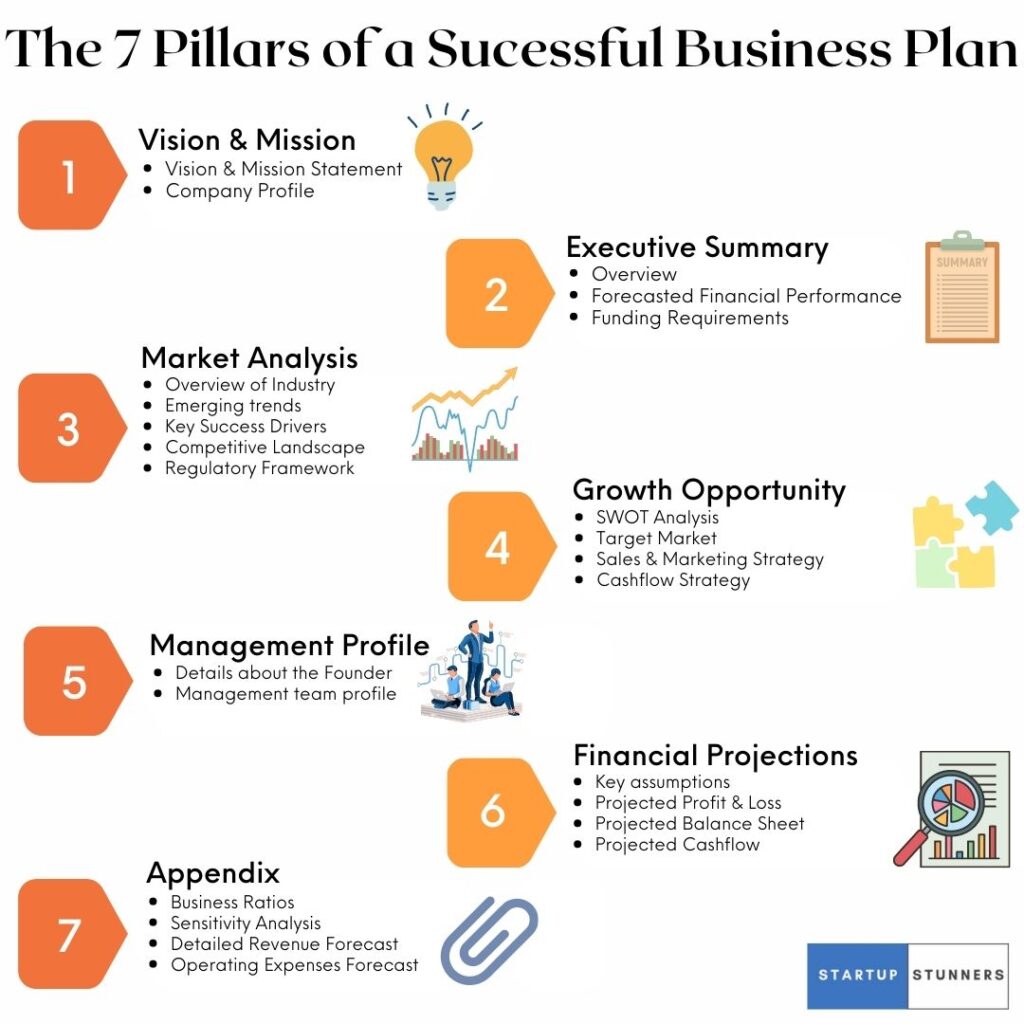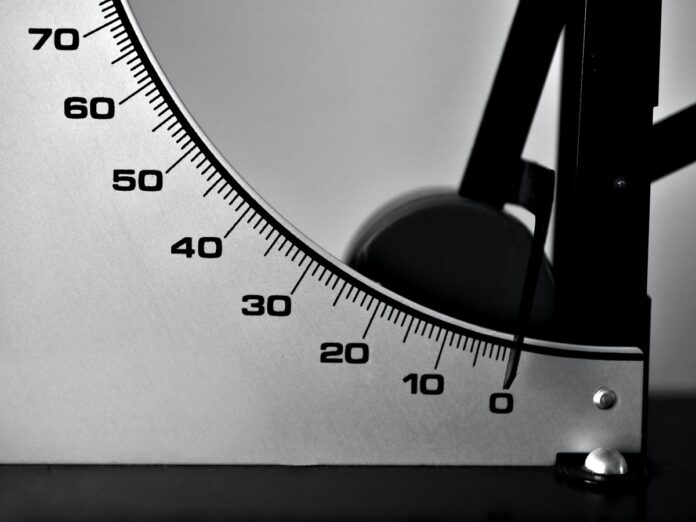Starting a calibration business can be a great opportunity for those looking to enter the field of precision measurement and instrumentation. Calibration services are necessary for assuring the precision and dependability of equipment and devices used in a variety of sectors. Calibration services are in great demand in industries ranging from manufacturing to healthcare, making them a potentially lucrative business opportunity. This post will walk you through the process of launching a calibration business and offer advice for achieving success in this field.
What is Calibration Services?
Calibration is the process of measuring and adjusting an instrument or piece of equipment to fulfill a certain set of criteria. The objective of calibration is to ensure that the instrument or piece of equipment is operating within its set limits, allowing for precise and reliable results. In numerous industries, such as manufacturing, healthcare, and research, calibration can save costly errors and downtime.
There are different types of calibration services available, including:
Electronic calibration: For this sort of calibration, oscilloscopes, multimeters, and power supplies are used to measure and modify electronic devices.
Mechanical calibration: This sort of calibration involves measuring and correcting mechanical equipment like torque wrenches, pressure gauges, and scales.
Temperature and humidity calibration: This sort of calibration involves measuring and adjusting instruments that measure temperature and humidity.
Dimensional calibration: In this sort of calibration, dimensional tools like micrometers, dial indicators, and surface plates are measured and adjusted.
Precision calibration is a specific sort of calibration done on instruments and equipment with a high degree of accuracy. Aerospace, the military, and scientific research are examples of businesses that require tremendous precision. Typically, precise calibration requires highly trained workers and specialized equipment.
Starting Calibration Business – Step by Step Guide
Step 1: Market Overview
The increasing demand for reliable and accurate measurements in areas such as manufacturing, healthcare, and research is driving the growth of the calibration industry. The increasing adoption of automation and technology in these industries also increases the demand for calibration services to verify that equipment and instruments are working within prescribed tolerances. The global calibration services market size reached US$ 5.6 Billion in 2022. Looking forward, IMARC Group expects the market to reach US$ 7.5 Billion by 2028, exhibiting a growth rate (CAGR) of 5.1% during 2023-2028.
In the United States, the calibration services market is expanding due to rising demand from industries such as aerospace, medical, and scientific research. Due to the necessity for exact measurements in various industries, the need for calibration services has increased. Internet of Things (IoT) and the requirement to calibrate connected devices are also driving the market. Increasing demand for quality control and regulatory compliance has also contributed to market expansion.
In the United States, the calibration services market is highly competitive, with numerous established firms and small businesses offering a variety of services. Nevertheless, the business also faces obstacles, such as the requirement for high-level technical skills and the rising cost of specialized equipment. Despite these obstacles, it is anticipated that the market will continue to expand in the coming years, driven by the rising demand for precise measurements and the rising necessity for regulatory compliance.
By service type, including electronic, mechanical, temperature and humidity, and dimensional calibration, the market is segmented. Due to the widespread usage of electronic equipment and instruments in numerous industries, electronic calibration services account for the greatest market share.
The calibration services market is split geographically into North America, Europe, Asia-Pacific, Latin America, and the Middle East and Africa. Due to the huge number of calibration service providers in the region and the widespread adoption of modern technologies by various sectors, North America is likely to dominate the market.
Those interested in launching a business in the field of precise measurement and instrumentation have a favorable chance in the calibration industry. It is essential to remember, however, that the market is extremely competitive and demands a substantial investment in equipment and employees.
Step 2: Create Business Plan

A business plan is an important document that outlines the goals, strategies, and operations of a business. It is essential for starting a calibration business, as it will help to ensure that the business is well-organized, well-funded, and has a clear path to success. A well-written business plan will also be required if you are looking to secure funding from investors or financial institutions.
Startup Stunners has been providing top-notch business plan writing services for years, and we’re ready to help you create a comprehensive, effective plan that will propel your business forward. Our team of experts is dedicated to helping you achieve your business goals and secure funding from banks, grants, or other sources. Whether you’re a beginner, entrepreneur, or small business owner, we’re here to help you succeed. Don’t wait any longer, visit startupstunners.com/contact-us/ today and let us guide you on the path to success!
Step 3: Startup and Recurring Expenses
Startup Costs:
Equipment and instruments: This entails the expense of purchasing or leasing the equipment and instruments necessary for performing calibration services. The price will differ according on the type and size of the firm.
Personnel: Expenses associated with hiring and training staff, such as technicians and engineers.
Lease or purchase of office space: This consists of the expense of renting or purchasing office space for business activities.
Marketing and advertising: This include the creation of a website, business cards, and brochures, as well as advertising in relevant industry magazines.
Legal and accounting: This covers the expense of incorporating the business, obtaining the required licenses and permissions, and engaging a lawyer or accountant.
Recurring Expenses:
Maintenance and calibration of equipment: This comprises the costs associated with maintaining and calibrating the equipment and instruments.
Employee salaries and benefits: This includes the cost of paying employees and giving them benefits like health insurance and retirement plans.
Rent or mortgage: This includes the expense of leasing or purchasing office premises.
Marketing and advertising: This includes the cost of keeping a website up and running and keeping up with advertising.
Insurance: This includes the expense of getting insurance such as liability and property insurance.
Utilities and office supplies: This covers the cost of electricity, the internet, the telephone, and office supplies like paper and ink.
It is essential to remember that these expenses can vary based on the kind and size of the firm, its location, and other variables. A detailed financial prediction should be included in the business plan to assist in estimating starting and recurrent costs, as well as revenue and profit projections.
Step 4: Equipment
To provide precise and reliable calibration services, a business must own a variety of equipment and instruments. The following is a summary of the equipment and tools that may be required:
Measurement standards: These are the benchmarks that are used to calibrate other measuring tools. Primary examples are resistance standards and frequency standards, while subsidiary examples include pressure gauges, thermocouples, and RTDs.
Test and measurement instruments, such as multimeters, oscilloscopes, and power analyzers, are the instruments that need to be calibrated.
Data gathering and analysis equipment: These are used to gather and evaluate data from the calibrated instruments, and include data loggers and data analysis software.
Specialized equipment: Depending on the type of calibration services offered, you may need extra tools like environmental chambers for temperature and humidity calibration or coordinate measuring machines for dimension calibration.
Hand tools: These are simple tools like screwdrivers, pliers, and wrenches that can be used to fix and maintain equipment.
It is vital to remember that the equipment and tools required will vary depending on the type of calibration services provided and the industry served by the firm. A calibration firm serving the aerospace sector may require RF and microwave test equipment, whereas a calibration business serving the medical industry may require ultrasound machines and endoscopes. A comprehensive list of equipment and tools should be included in the business plan to aid in evaluating the required capital investment.
Step 5: Certifications and Licenses
Depending on the region and services provided, numerous certifications and licenses may be necessary for a business engaged in calibration. Listed below are some of the most frequently necessary qualifications and licenses:
Business licenses and permits: This include licenses and permits required to operate a business in a specific location, such as a business license, a sales tax permit, and any other required local permits.
Accreditation to ISO/IEC 17025: This is an internationally recognized standard for testing and calibration facilities. This accreditation may be required for a business that wants to be recognized as a competent laboratory and provide traceable calibration services to international standards.
Industry-specific certificates: To provide services to certain industries, a calibration business may need to get industry-specific accreditation. For instance, a calibration business that serves the aerospace industry may be required to obtain AS9100 certification, the aerospace industry’s quality management standard.
It is important to note that the certifications and licenses required for a business depend on its location and the services it provides. It is recommended to check with the local authorities and industry organizations in the area where the business will operate for the specific requirements.
Step 6: Marketing & Promotion
Marketing and promotion are essential for launching and expanding a calibration firm. Here are some techniques for marketing and promoting a calibration business:
- A professional website is an excellent approach to exhibit the business’s services and provide information about the company, such as contact information, accreditations, and industry certifications.
- Developing contacts with other firms and industry professionals can aid in business promotion and lead generation. Attend industry events, join local company associations, and network on social media with other firms.
- Optimizing the website and other online assets for search engines can boost the website’s exposure and traffic.
- Sending targeted direct mail campaigns to prospective clients can be an efficient means of generating leads and promoting the business.
- Encourage satisfied clients to promote their friends and coworkers to your company. Offering referral bonuses is a terrific approach to develop new business.
- Advertising in relevant industry periodicals or online can enhance brand awareness and lead generation.
- Creating a strong online presence via social media, internet directories, review sites, and other platforms can assist to enhance visibility, establish credibility, and create leads.
Conclusion
For those interested in the realm of precise measurement and testing, launching a calibration business can be a rewarding and profitable endeavor. The necessity of maintaining precise and reliable equipment cannot be emphasized; the demand for calibration services is increasing across multiple industries.
This blog post provides a full description of launching a calibration firm, including an industry overview, investment requirements, necessary equipment, certifications and licenses, and marketing techniques.
It can take several months to create a calibration business, which demands a large investment in terms of both beginning costs and ongoing expenses. However, with the appropriate strategy, the revenue and profit potential is substantial.
We hope this article has offered those considering beginning a calibrating business with useful information and motivation. If you are interested in this industry, we advise you to investigate the possibilities and pursue your ambition of launching a calibration firm.
Frequently Asked Questions
What is calibration and why is it important?
A gadget or piece of equipment is calibrated by comparing and adapting it to a known standard. To preserve accuracy and dependability, it is essential that equipment be calibrated on a regular basis.
What types of calibration services are available?
There are numerous sorts of available calibration services, including electronic, mechanical, dimensional, temperature, and pressure calibration.
What is precision calibration and why is it necessary?
Precision calibration refers to the process of calibrating equipment to extremely narrow tolerances. It is required for industries that require extremely precise measurements, such as the aerospace, medical, and scientific research industries.
What kind of equipment and tools are needed for a calibration business?
The necessary tools and equipment for a calibration business will vary based on the services provided, but may include standards, test equipment, measurement instruments, and software.
What certifications and licenses are required to start a calibration business?
Depending on the location, the certifications and licenses required to launch a calibration business may include certificates from industry groups, accreditation from a recognized authority, and business licenses.
How much does it cost to start a calibration business?
The cost of launching a calibration business might vary significantly based on the offered services, location, and other variables. Before launching a firm, it is essential to undertake a thorough market study and develop a precise financial plan.
How long does it take to build a calibration business?
The time required to create a calibration business can vary based on a number of variables, including the size of the business, the market demand, and the employed marketing techniques.
How much money can I make with a calibration business?
The amount of money that can be made with a calibration business will rely on a number of variables, including the size of the firm, the services provided, and the target market.






